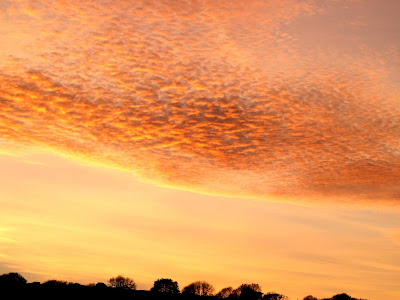This blog may help people explore some of the 'hidden' issues involved in certain media treatments of environmental and scientific issues. Using personal digital images, it's also intended to emphasise seasonal (and other) changes in natural history of the Swansea (South Wales) area. The material should help participants in field-based modules and people generally interested in the natural world. The views are wholly those of the author.
Tuesday, 19 January 2021
It Never Rains But it Pours!
The World Economic Forum (WEF) suggest that tackling the climate crisis (a really big and urgent problem for the planet), has been made much harder by the effects of the Covid-19 pandemic (https://www.theguardian.com/business/2021/jan/19/climate-crisis-covid-19-inequality-wef). WEF are convinced that the gaps (in terms of health, economic and digital disparities) between rich and poorer nations have grown/are growing as a result of the pandemic. This will make, they say, it even more difficult to get concerted action to counter climate change. What might be a reasonable medium term response for a rich country, might be impossible for poorer nations.
Subscribe to:
Post Comments (Atom)
-
I n the UK and US, a pparently popular and successful vegan/vegetarian restaurants are reportedly closing or adding meat to their menus ( ...
-
Early ripening fruit may seem convenient but some folk think it confirms environmental stress. There's also a possibility th...


%20mating%20NWCW.jpg)


No comments:
Post a Comment